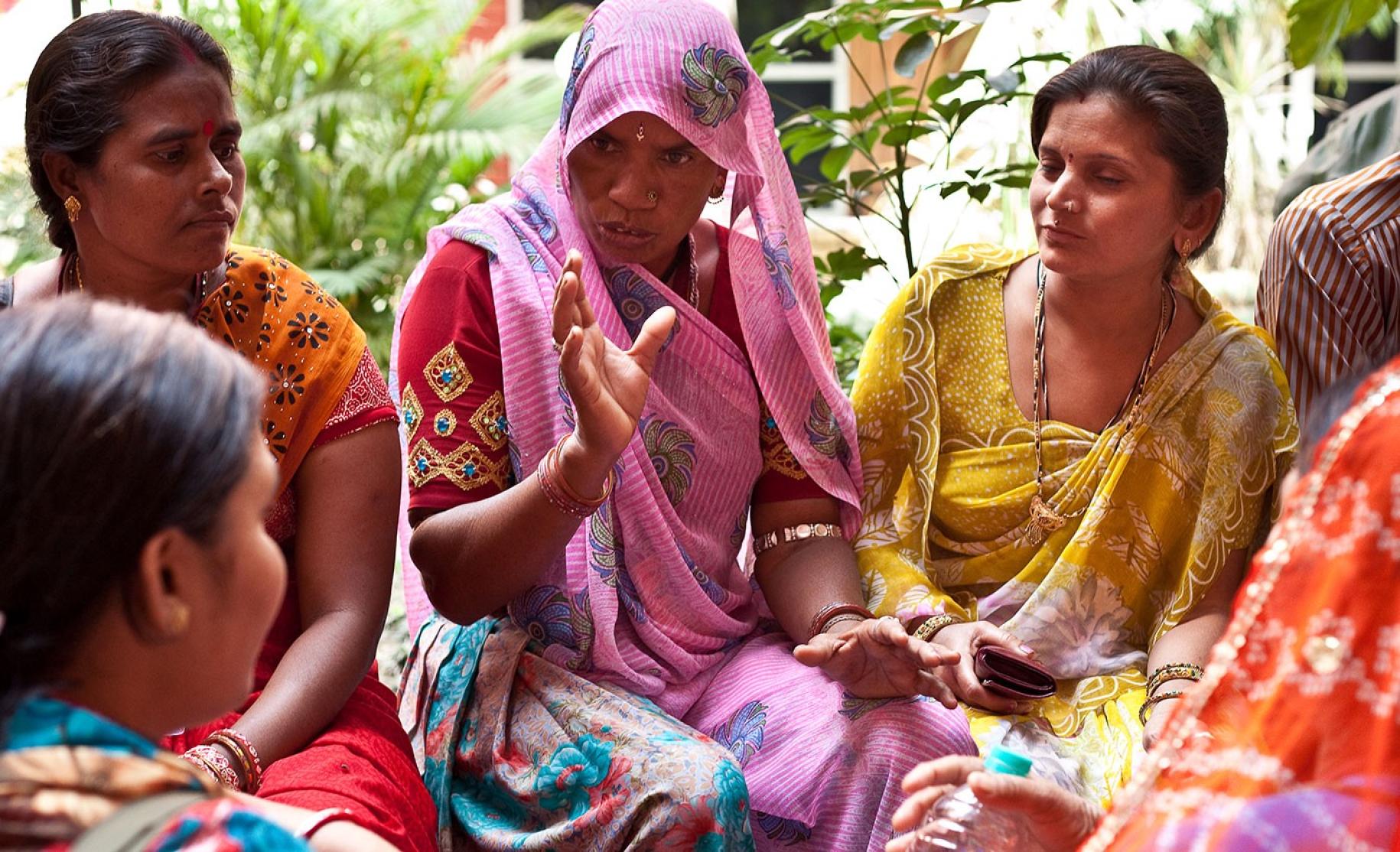Listen to her: A short film on domestic violence sparks emotion and action in India
Ayesha is a graphic designer in a top firm. During the pandemic, she has been in lockdown at home with her husband and young son. Their part-time helpers have been stopped. So Ayesha has a lot on her plate. One busy morning, she gets repeated missed-calls from an unknown person. She finally picks up, only to find out that it is a wrong number. But what she hears next horrifies her…
That’s the opening scene of a short film by the lauded director and actor Nandita Das, called “Listen to Her.”
The film creatively confronts issues that many women are grappling with during the COVID-19 pandemic: an unprecedented increase in their workload and, at times, domestic violence.
Produced with the support of UNESCO, UNFPA, UNICEF, UN Women and the South Asia Foundation (Madanjeet Singh Foundation), the film inspires viewers to speak up and it publicizes helpline numbers so survivors can seek assistance.
“This pandemic has taught us that our lives are so deeply intertwined. I wanted to tell a simple story of a woman overburdened and a woman abused, both impacting each other,” says actor, director and social advocate Nandita Das.
UN officials say that the film touches a deep chord in a way that a standard public-service announcement might not. “The film poignantly depicts the ironic realities of what it means for women to ‘stay home, stay safe’ amidst the pandemic,” says Dr. Yasmin Ali Haque, UNICEF India Representative.
Indeed, “stay home, stay safe” is impossible for many women, adds Susan Jane Ferguson, Representative UN Women India: “The precautionary lockdowns meant women and girls were confined to spend longer hours with their perpetrators with no or very lean support systems and services to go to.”
At some point, the pandemic will end, and the same should be true of gender inequality as well. So says Eric Falt, Director and Representative of UNESCO New Delhi, adding, “There must be a redefinition of masculinities, where men share responsibilities with women in dignity, respect and non-violence.”

The pandemic is prompting some people to assess not just how to deal with the immediate problems women are facing, but how to create true gender equality. Argentina Matavel, UNFPA India Representative, says gender equality requires “a societal transformation that will be a reality when each individual — man, woman, girl and boy — looks at the other with fresh eyes, as if looking into a mirror, and then treats the other with dignity, respect, as equals, recognizing that their own humanity is only complete with the full existence of the other.”
Produced by UN India. Story by UN India, edited by Paul VanDeCarr, Development Coordination Office. For any questions on the film, please contact UN India through Radhika.Batra@un.org.













